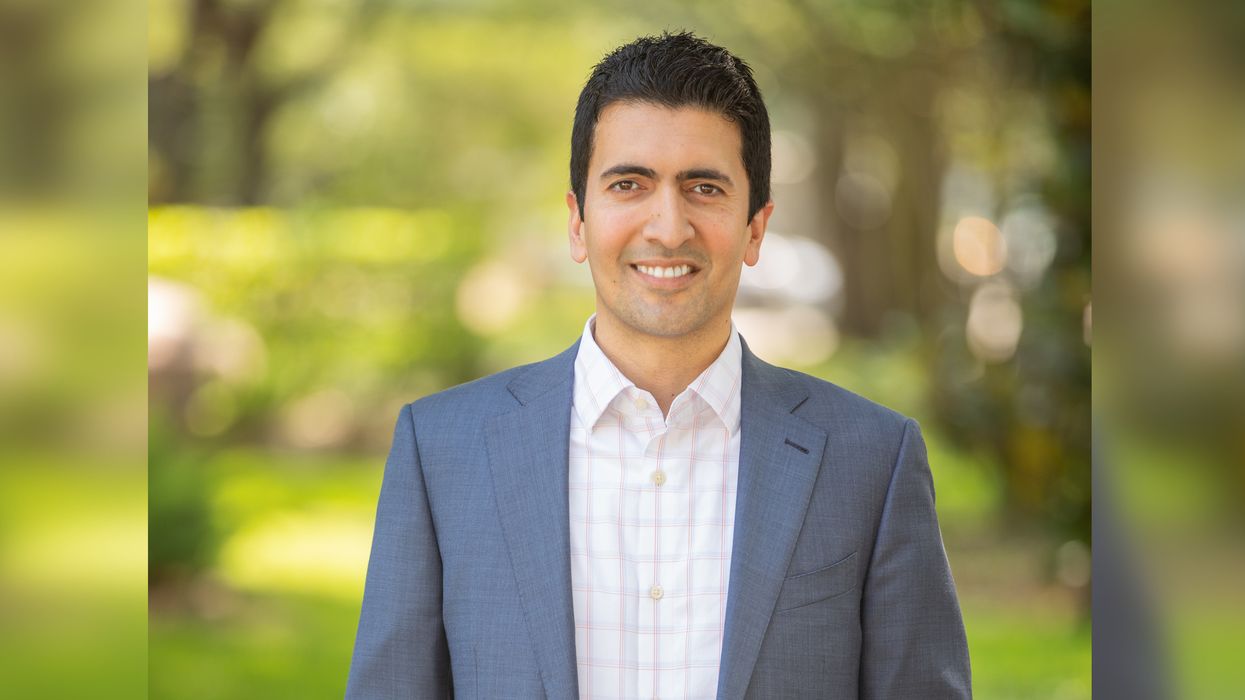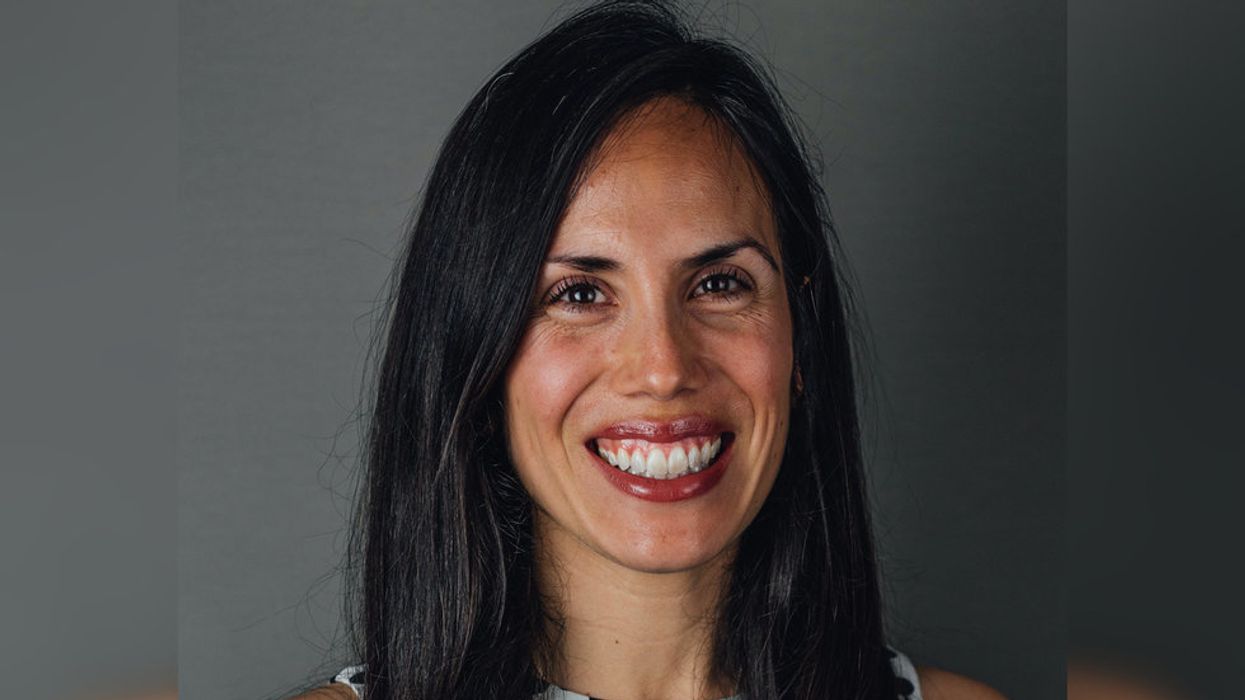If internet search volume is an accurate barometer, Texas is a hotbed for interest in artificial intelligence jobs.
An analysis by Agility Writer, whose technology helps users produce AI-generated content, shows Texas ranks second among the states with the highest monthly search volume for AI-related jobs. The analysis puts Texas’ monthly search volume at 1,300, with California sitting in first place at 1,900 monthly searches.
“As the AI revolution continues to gain momentum, the geographic distribution of interest in AI careers is likely to evolve further, with states investing in AI education and fostering supportive ecosystems poised to reap the benefits of this transformative technology,” says Adam Yong, CEO of Agility Writer.
The analysis cites Amazon, Apple, and Tesla as three of the major employers in Texas pursuing AI initiatives.
Dice.com, a search engine for tech jobs, says AI roles that are in high demand include machine learning engineer, data scientist, AI research scientist, and robotics engineer.
“Looking forward, the demand for AI professionals is expected to intensify as technologies continue to advance and integrate into everyday business processes and consumer products. AI is not just creating jobs but also transforming them, requiring workers to adapt by gaining new skills,” says Dice.com.
A January 2024 report from career platform LinkedIn found that AI consultant and AI engineer are two of the 25 fastest-growing jobs in the U.S. this year. Most of these roles are concentrated in San Francisco, New York City, Washington, D.C.-Baltimore, and Boston, according to the report.
On the flip side, some analysts predict millions of jobs will be affected by or even lost to AI. For example, research from investment banking giant Goldman Sachs indicates roughly two-thirds of U.S. occupations “are exposed to some degree of automation by AI.”
A study released in 2023 by Chamber of Commerce, a business research company, anticipates as many as 12 percent of Houston-area workers could lose their jobs by 2027 due to AI.
"AI and technology in general may be taking certain jobs away, and yet we also see how it is changing the nature of jobs and even organizations and professions. In the ever-changing arena of AI, employees, job-seekers, and students will continue to adapt and learn new job skills that align with and anticipate workforce needs,” AI expert Fred Oswald, the Herbert S. Autrey Chair in Social Sciences at Rice University and a professor of psychological sciences, said in a 2023 news release.
- How this Houston innovator is making AI accessible, personal, and safe ›
- University of Houston, Intel team up to prepare workforce for AI revolution ›
- Report: Houston rises as emerging hub for $6B global AI in oil and gas industry ›
- Houston expert shares 3 strategies for integrating AI into the workforce ›
- Houston companies need to get ready for an artificial intelligence and machine learning revolution ›




 Apple doubles down on Houston with new production facility, training center Photo courtesy Apple.
Apple doubles down on Houston with new production facility, training center Photo courtesy Apple.